The International Air Transport Association (IATA) and the Netherlands government appear to be at loggerheads. The Dutch Government wants to reduce Amsterdam Schiphol Airport flight capacity. Their principal reason is noise pollution. IATA and the Airline Industry are preparing to mount a legal challenge to the planned Dutch reduction. (Read about the Court’s reprieve as reported on 05 Apr 2023)
IATA represents over 300 Airlines which contribute to 83% of global air traffic.
Reduction in Amsterdam Schiphol Airport Capacity
Schiphol Airport has already restricted its capacity to 500,000 flights per annum. This, of course, will include arrivals and departures. The Dutch Government’s new decree would further reduce Schiphol’s capacity to 460,000 flights from November 2023.
How Will the Reduction Affect Amsterdam Schiphol Airport and the Netherlands
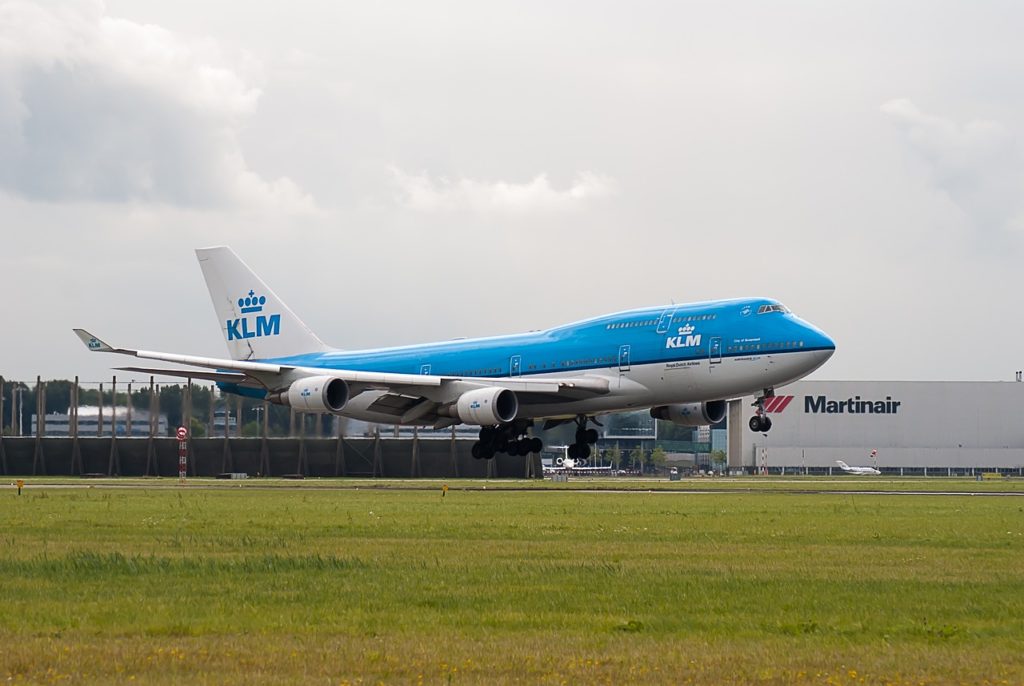
Fewer flights automatically mean fewer connections. Schiphol has always prided itself on good connections and short transit times. It will also mean an automatic reduction of airline slots. Which airlines will be most affected is currently anybody’s guess.
Civil Aviation Authorities will have their own spin on the Government’s decision. They will not favour the reduction because it will degrade the airport. This could create friction between the Dutch Civil Aviation Authority and the Government.
The reduction of flights will also reduce the number of passengers coming into the country. For a country that has tourism as a major player in its economy, that will be another negative.
Netherlands Government Contravenes EU Regulation
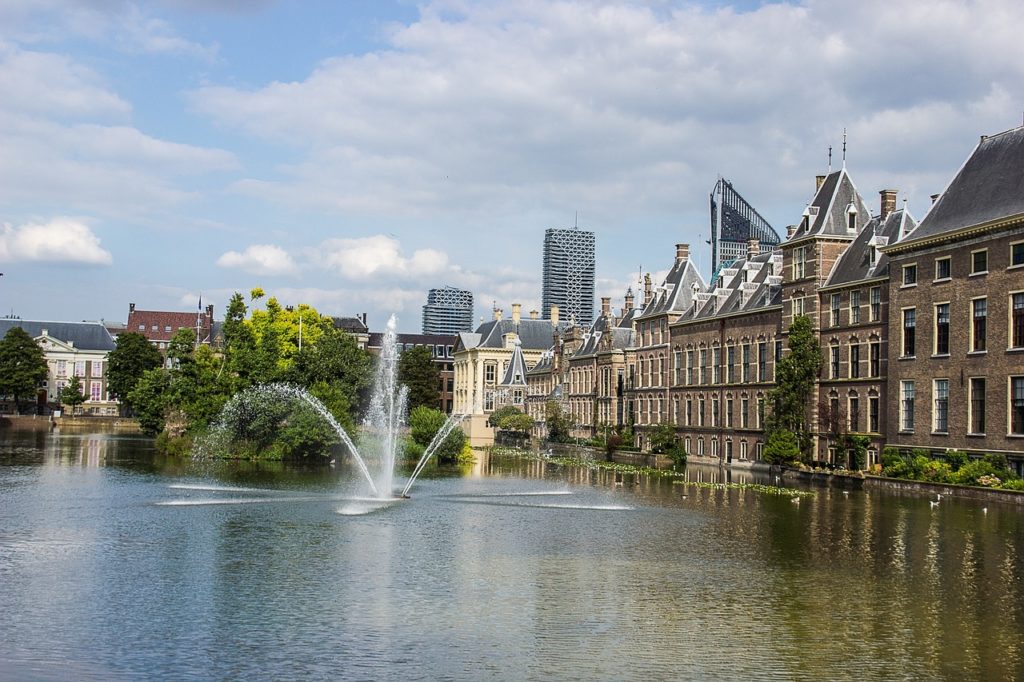
To quote IATA, “IATA and the global airline community believe that this political decision by the Dutch government contravenes European Union (EU) Regulation 598/2014 on noise-related operating restrictions at EU airports. It also disregards the Chicago Convention, a binding international agreement to which the Netherlands is a signatory.”
The annexure of the Chicago convention contains provisions for the Balanced Approach to Aircraft Noise Management which countries are obligated to follow when taking suitable measures to manage the noise impact of civil aviation.
European Union Regulation 598/2014
Regulation (EU) No 598/2014 aims to improve the noise environment around EU airports in order to ensure greater compatibility between aviation activities and residential areas, in particular in the case of night flights. The key requirement of the Regulation which calls for a Balanced Approach are:
- Consultations with affected parties.
- The use of flight reduction as a last resort.
- Balancing the needs and concerns of Local residents, the environment and the local economy for civil aviation’s economic and social benefits.
IATA’s Reasoning
IATA and the Airlines feel that the decision to reduce flights at Amsterdam’s Schiphol airport fails to meet the guidelines because:
- No meaningful consultation was conducted with the Airline Industry.
- Flight reductions are being imposed without it being a last-resort action.
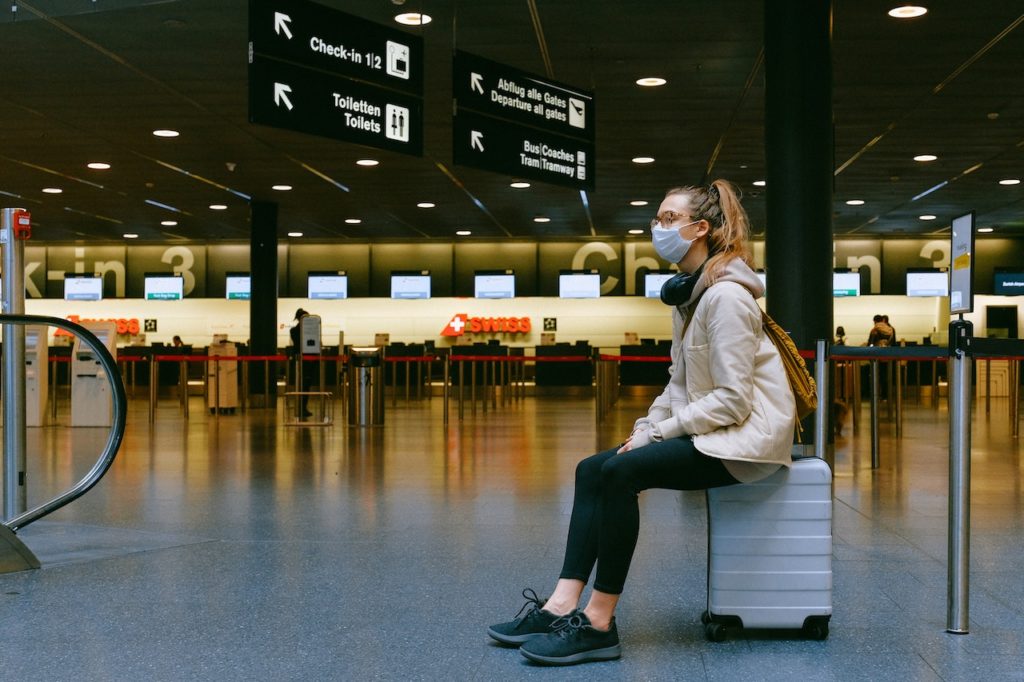
We all know the colossal damage caused to the Airline industry by Covid-19 both to the Airline industry and economies. Governments all over the world are working together with various stakeholders to improve the situation. It appears that the Netherlands government is not. It may be noted that pre-pandemic, aviation supported some 330,000 jobs and $30 billion of economic activity in Holland.
IATA Versus the Dutch Government
“The Netherlands is handicapping its economy by destroying connectivity. And it is doing it in contravention of EU law and its international obligations… The dangerous precedent that this illegal approach creates left no choice but to challenge them in court,”
Willie Walsh, Director General, IATA.
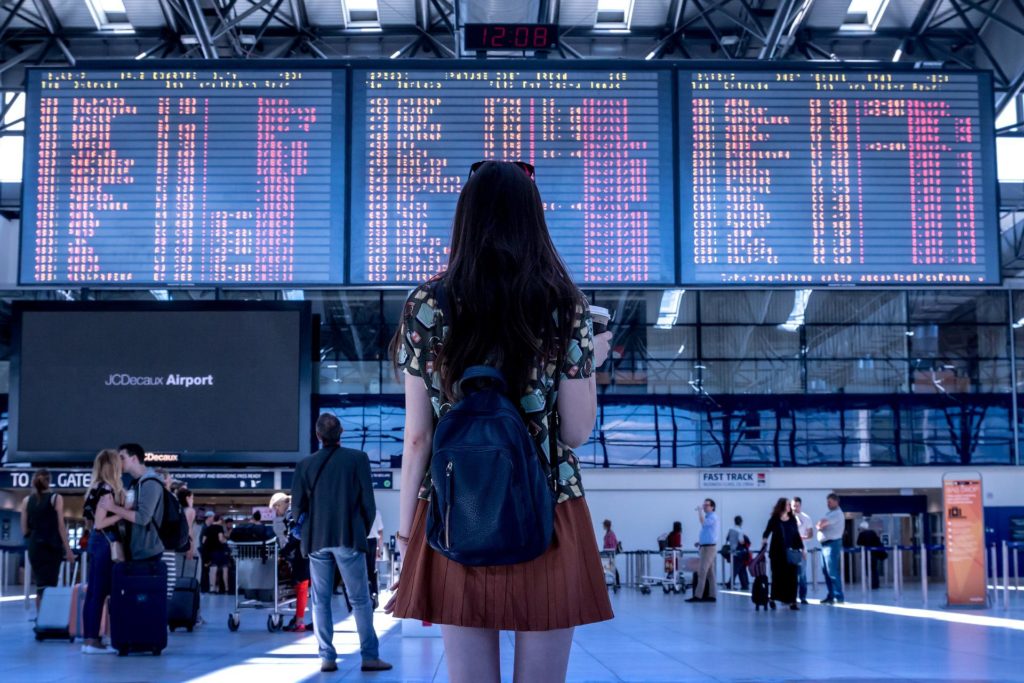
“The Netherlands is handicapping its economy by destroying connectivity. And it is doing it in contravention of EU law and its international obligations. The job-destroying hostile approach to aviation that the Dutch government has chosen is a totally disproportionate response to managing noise. The government has even refused to engage in meaningful consultations and made flight reductions the goal, rather than working with industry to meet noise and emissions reduction goals while restoring employment and revitalising the post-pandemic economy. The dangerous precedent that this illegal approach creates left no choice but to challenge them in court,” said Willie Walsh, IATA’s Director General. (Read about the Dutch court’s ruling that goes against the Government and allows a reprieve to IATA and the Airlines).
Airlines Working on Noise Reduction and Pollution
The airline industry continually endeavours to deploy quieter aircraft. It is part of almost every airline’s agenda. Their actions are said to have reduced noise levels by 50% in the last decade. That is significant.
Investment in new fleets also continues to play a significant role in meeting the aviation industry’s commitment to reduce its CO2 emissions to net zero by 2050, as set out in a Resolution at the IATA Annual General Meeting in 2021. It is reported that the Industry’s robust plan for reducing CO2 includes the uptake of Sustainable Aviation Fuels, of which airlines operating in and to the Netherlands have been among the leading users.
Conclusion
The question is whether this matter will actually go to court. IATA will not back down. Will the Dutch Government do so? I doubt it. My personal view is that the Netherlands Government will go into dialogue with IATA and settle out of court. Watch this space!
Edited to Add (11 Apr 2023)
It was reported on 5th April 2023 that the International Air Transport Association (IATA) reacted positively to the decision by the Dutch court to uphold the legal challenges lodged by IATA, KLM and other airlines against the Dutch government’s ‘experimental regulation’ to cut Schiphol airport’s flight limit to 460,000 from November 2023.
IATA Director General’s Comment
IATA Director General Willie Walsh said: “We welcome the judge’s decision. This case has been about upholding the law and international obligations. The judge has understood that the Dutch government violated its obligations in shortcutting processes that would bring scrutiny to its desire to cut flight numbers at Schiphol. This decision gives vital stability for this year to the airlines using Schiphol airport and maintains the choice and connectivity passengers value.”
Good News for the Dutch Economy
Walsh continued, “Winning this vital reprieve is good news for Schiphol’s passengers, Dutch businesses, the Dutch economy and airlines. But the job is not done. The threat of flight cuts at Schiphol remains very real and is still the stated policy of the government. Schiphol airport themselves yesterday announced night flight cuts without consultation. Airlines understand the importance of resolving issues such as noise. The Balanced Approach is the correct EU and global legally-enshrined process for managing noise impacts. It has helped airports around the world successfully address this issue.”
What are the next steps?
Assuming the State does not appeal the decision in time, Schiphol’s flight limit will remain at 500,000 for the Winter 23-24 season. Attention will then move to the consultation which had begun on limiting Schiphol on a permanent basis to 440,000 flights from 2024 onwards.
IATA believes that the Dutch state is again at risk of not following the Balanced Approach by proceeding from the basis that flight numbers need to be reduced to 440,000, rather than starting with measuring noise and defining a noise objective. Any flight cuts should only be a last resort to achieve this noise objective, not the starting point. IATA believes that the ruling of 5th April 2023 gives a strong indication that the State must follow the proper processes and analyze all options before proceeding with their further actions.
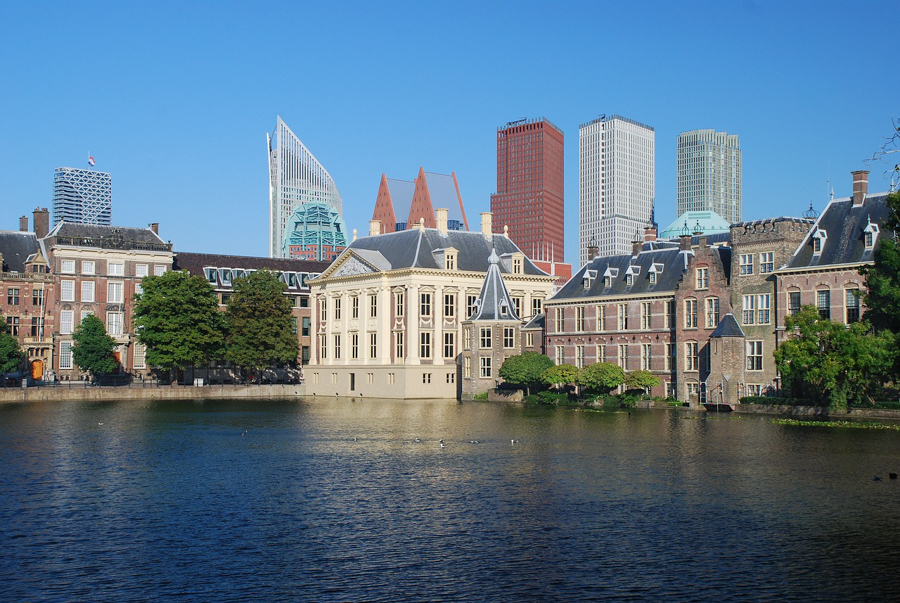
In my opinion, the Dutch Government will have to go back to the drawing board. Whatever they decide, will then have to be proposed to airlines operating into, and out of Schiphol. It is true that most Airlines in the world today, are concerned about pollution. Both CO2 and noise. They are doing their best to reduce both. They however need to be profitable to survive. Therefore they take the Balanced Approach route. What will eventually make the Government’s efforts successful is research and development by aircraft manufacturers. Cleaner fuel-efficient, noise-reduced engines and improved aircraft design.
I presume the Dutch Government’s approach had been based on poorly informed advice and implemented without consultation with the IATA and the airlines. All of the parties involved will have to be involved in the ensuing discussion and a mutually agreeable decision will have to be made.
© Mano Chandra Dhas
Note – Should you have any comments or queries, please use the comment box here below. I will respond to every comment within a reasonable period of time. I’d also be delighted if you share this article with contacts of yours who may be interested, or benefit from its contents. Please use one of the Social Media share buttons below. I’d love to have you subscribe to my blog: it is free and you will never miss a post!

Mohan Ranganathan
Mano Chandra Dhas
Fahim
Mano Chandra Dhas
Dr Baba Yerra
Mano Chandra Dhas
Lakshmi
Mano Chandra Dhas
Sumeet
Mano Chandra Dhas
Loren
Mano Chandra Dhas
Gilbert Saikali
Mano Chandra Dhas
Dileepshal
Mano Chandra Dhas
Jamal
Mano Chandra Dhas
Sunita
Mano Chandra Dhas
Rajeev Tamhane
Mano Chandra Dhas
Anish
Mano Chandra Dhas